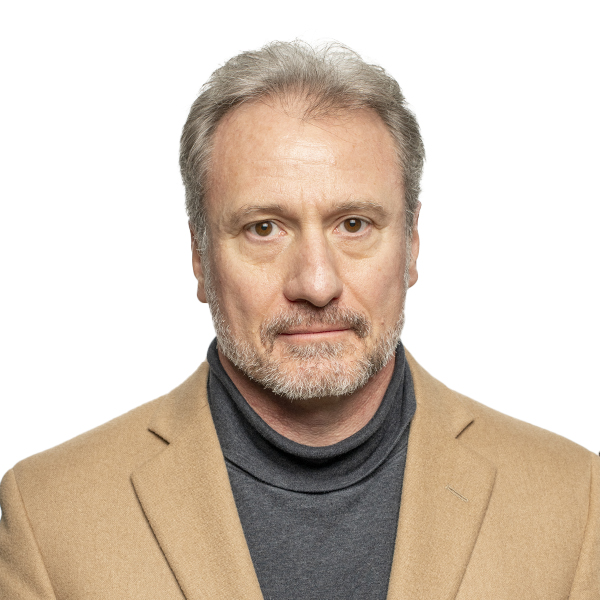
What are your key roles and responsibilities in your current positions? What do you like most about your job and what do you find most challenging?
I am responsible for managing the “second line of defense” in a triple-A rated institution, across the full spectrum of financial and non-financial risks in development.
List or describe the top 5+ professional skills that are crucial to your role.
-
Analytics
-
Imagination
-
Relationship
-
Gravitas
-
Heart
How did your time at Yale shape your career trajectory? For example, what skills and/or experiences did you acquire that have contributed to your career success?
As an undergraduate in Italy, I had become very interested in the work of Hyman Minsky, and this was before he become a household name during the Global Financial Crisis. I had come to Yale to study financial instability and the credit cycle and was lucky to be exposed to faculty and fellow graduate students who thought hard about how the real economy and financial markets interact. A paradox was that I graduated right before the Asian Crisis and went on the academic job market at a time in which demand for my area of research was at an historic low. The upshot was I pivoted towards banking, which in turn provided plenty of opportunities over the past quarter century to tackle the challenges I had studied back in the nineties.
What were the biggest challenges that you faced when transitioning to different workplaces and cultures? What advice and suggestions can you offer to current students to help them prepare for those challenges?
Spend as much time learning history as you do in studying math. Most economic and financial issues are recurrent through history, though they may at first sight appear unique. As a graduate student, I was told of James Tobin often complaining that the economists’ memory is too short. Reading history can help addressing Tobin’s warning for our profession. Lastly, make friends.
